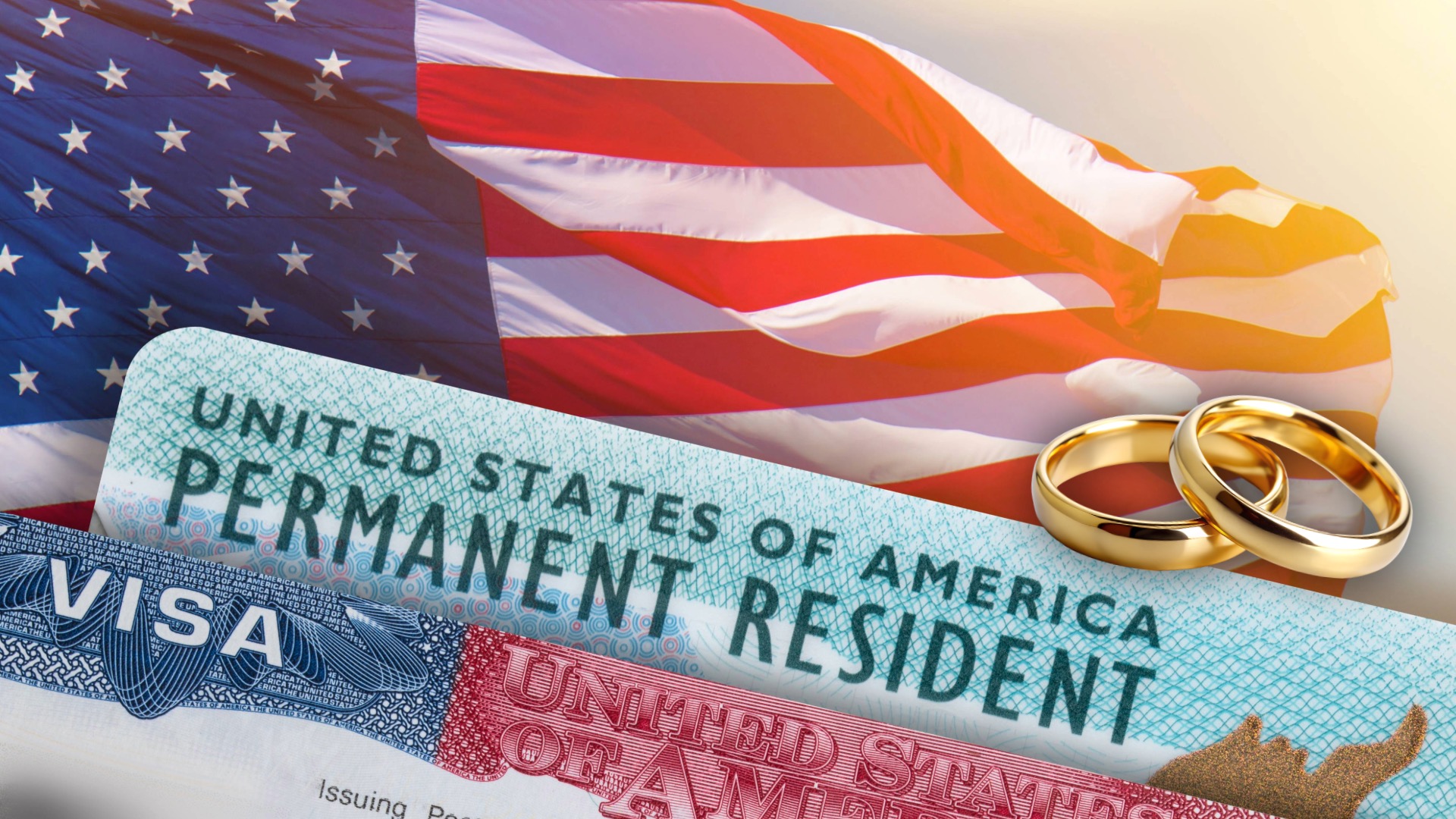
The United States is a land of opportunity and a safe haven for many foreign nationals around the globe. Many children are brought into the country by their guardians or left behind by their parents who chose to move to the US in search of a better life. Unfortunately, some of these children end up being stranded, exploited, or abused. In this blog post, we will discuss Special Immigrant Juvenile Status (SIJS), a form of immigration relief that protects some of the most vulnerable immigrant children in the US.
What is Special Immigrant Juvenile Status?
Special Immigrant Juvenile Status (SIJS) is a federal program that was established by the Immigration Act of 1990 to provide a pathway to citizenship for certain vulnerable foreign children in the United States. The program is designed to offer protection to abused, neglected, or abandoned children who cannot be reunited with their parents or guardians because of the harm they have suffered.
To be eligible for SIJS, children must meet the following criteria:
- Under the age of 18 or 21 depending on there state where the minor child resides
- -Unmarried
- -Parental abuse, abandonment, neglect, or a similar behavior that renders the child dependent on the court for protection
- -The court must determine that it is not in the child’s best interest to return to their home country
- -The child must have a valid court order in their best interest, including custody or guardianship.
What are the benefits of Special Immigrant Juvenile Status?
SIJS recipients can work legally in the United States, attend school, obtain a driver’s license, and ultimately apply for lawful permanent residency (green card status) after approval of their SIJS petition. Minors who obtain SIJS may also be permitted to travel abroad with permission from the court.
How does one apply for Special Immigrant Juvenile Status?
To apply for SIJS, the child must file a petition with United States Citizenship and Immigration Services (USCIS), which involves several steps and requirements. Among the requirements is obtaining a “predicate order” from a state family court, which will show that the child qualifies for SIJS. The petition must also include other supporting documents, such as guardianship papers and a birth certificate or passport.
Conclusion:
In conclusion, Special Immigrant Juvenile Status offers vital immigration protection to children who may have felt abandoned or forgotten. If you believe that you may qualify for SIJS, it is essential to speak with an experienced immigration attorney who will guide you through the process and help you understand your legal rights and obligations. Thanks for reading, and we hope this article has been helpful!
Written by David Joseph Rozas
David Rozas is an experienced criminal and immigration lawyer and one of the founding partners of Rozas & Rozas Law Firm. He has been with the firm since 2004, joining his brother, Greg in practice. David concentrates his law practice on criminal defense and immigration.

.svg)















